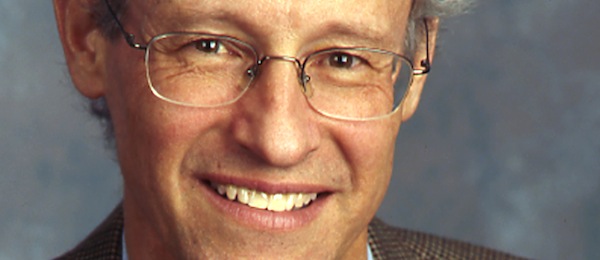“Fact-checkers and computer scientists have worked together on a string of projects that aim to automate different part of the fact-checking process. One thing these efforts have in common is using automation as an enhancement, rather than a replacement, for journalistic work.”



